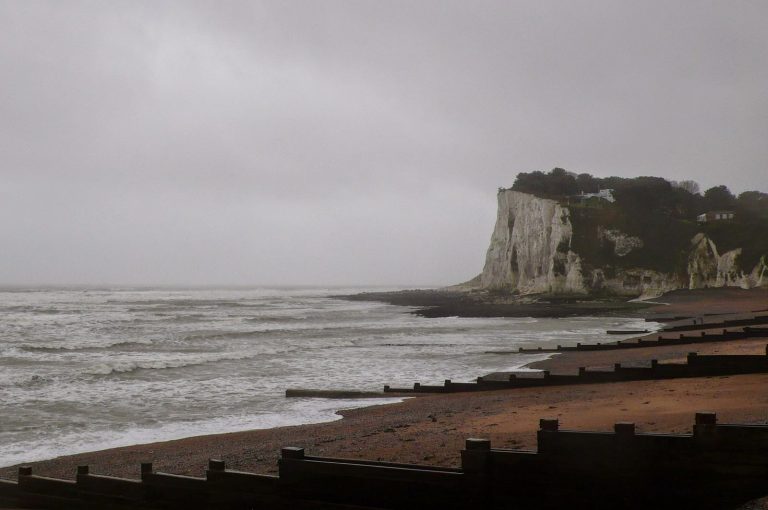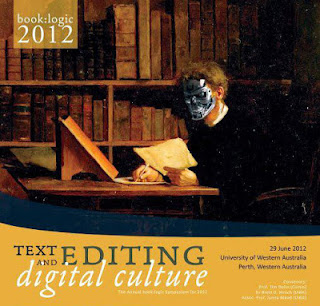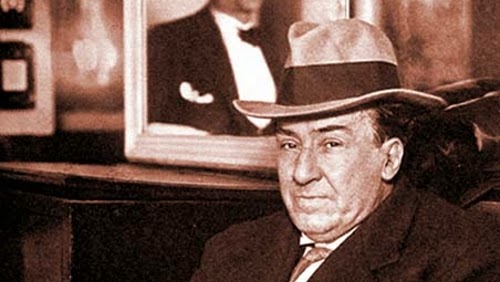Poem of the Day: e. e. cummings’s “somewhere i have never travelled, gladly beyond”


Dover Beach The sea is calm tonight. The tide is full, the moon lies fair Upon the straits; on the French coast the light Gleams and is gone; the cliffs of England stand, Glimmering and vast, out in the tranquil bay. Come to the window, sweet is the night-air! Only, from the long line of…

A beautiful peacock-in-residence in the arts building on the campus of University of Western Australia, Perth. He clearly owns the place. Alexa on Shakespeare Around the Globe, Part 2 Speaking on touring performances while grappling with demanding international travel itineraries and writing several talks over the Atlantic and Pacific definitely brought home the idea of…

Every October, Indigenous Peoples’ Day celebrates Native American peoples while commemorating their histories and cultures. To honor the holiday, the GW English Department has compiled a short-list of books written by Native American authors! Ceremony by Leslie Marmon Silko (Laguna Pueblo). Based on the oral traditions and ceremonial practices of the Pueblo and Navajo people, Silko’s…

Caminante no hay Camino Caminante, son tus huellas el camino y nada más; Caminante, no hay camino, se hace camino al andar. Al andar se hace el camino, y al volver la vista atrás se ve la senda que nunca se ha de volver a pisar. Caminante no hay camino sino estelas en la mar….

We at GW English hope that your Thanksgiving Break is a restful one surrounded by loved ones … and perhaps curled up with some of those books you’ve been wanting to read! We’ll see you next week. Share on FacebookTweet

GW Professorial Lecturer in English Matt Fullerty, who is currently teaching ENGL 62 (Comedy) and ENGL 52W (English Literature), recently found himself in the middle of a national news story in the UK. Last weekend, a human skull was dug up in the garden of broadcaster/naturalist Sir David Attenborough in London. It turns out to…